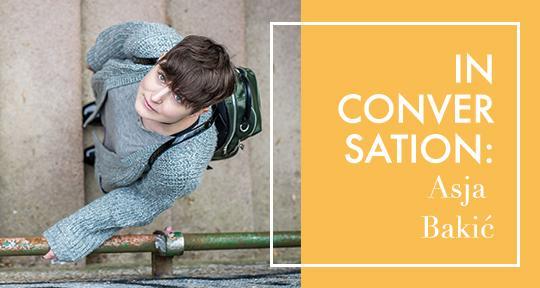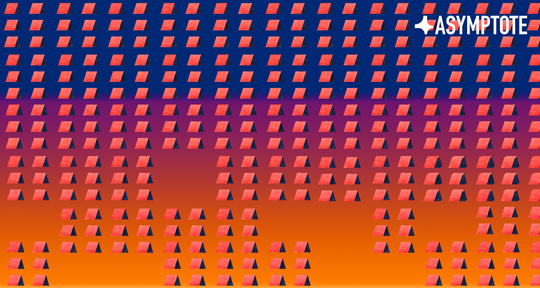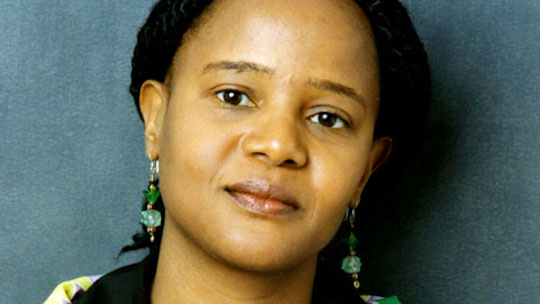The Fall Asymptote was a particularly special issue not least because of the focus on the ‘outsider’; many pieces resonated with the topic of alienation. In turn, the featured writers and translators—including many Asymptote colleagues—responded with sensitivity and care to questions of inclusion, liminality, and bordering. The most vital piece in the issue for me was colleague and editor-at-large for Palestine Carol Khoury’s translation of Bothayna Al-Essa’s The Gazan I Relate to. The translator’s note makes clear the stakes of translating even the title, and throughout the piece questions the limits of gestures of solidarity, especially when it is only the randomness of fate that means we are born in different nations, bounded by different borders, on one side, or the other. Al-Essa insists on the vitality of empathy but also the limits of solidarity; it is a piece that I am proud to see in the latest issue and I hope it spurs others to remember, reflect, and act.
He Wun-Jin’s short story “Guide Us, Chicken Booty!” (tr. Catherine Xinxin Yu) was a favourite, in its thoughtful exploration of grief for a trans sibling and the best way to remember them. As the title indicates, Yu translates with humour, but also with nuance, crafting a sensitive and moving text throughout.
Poet Ennio Moltedo (tr. Marguerite Feitlowitz) reflecting on the legacy of Chile’s neoliberal democracy in New Things was particularly potent, with a sharp critique of the limits of memory culture that feels even more potent since the failed attempt to reform the country’s dictatorship-era constitution. Feitlowitz’s translator’s note demonstrates the thoughtfulness that is palpable throughout the translation.
It is always a joy to read Alton Melvar M Dapanas’s translations of Stefani J Alvarez (The Autobiography of the Other Lady Gaga is a favourite of mine from the archive) and Dear Sol continues with the question of life writing, reflecting on migration and loved ones left behind. The multilingual touches of Filipino and German paint an evocative picture.
From the Outsiders Special Feature‚ which seems to have set the tone for the issue more broadly‚ Odette Casamayor-Cisneros’s essay Home of the Maroon Women was a powerful read. Translated with skill and precision by Anna Kushner, the photos within the essay created a sense of history, of listening to and witnessing the Black women who have gone before. The voices of her family are braided with those of vital Black feminists: Audre Lorde; Maryse Condé’s grandmother,Victoire Élodie Quidal; Angelamaria Dávila; Victoria Santa Cruz. Casamayor-Cisneros reflects movingly on the journeys—both internal and external—that led her to the present moment, to the decision to stop running. Throughout, embodiment is key: “When Black women commit to fully living within and for our bodies, we become ourselves. We render our humanity too eloquent to be stifled, as we find the inner peace freeing from the external expectations that define us solely by our actions and roles for others.”
—Georgina Fooks, Director of Outreach








